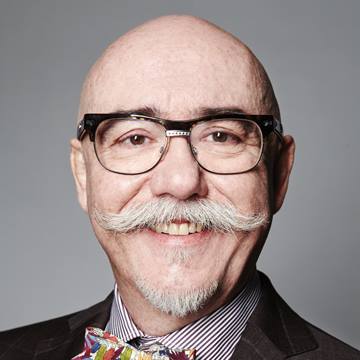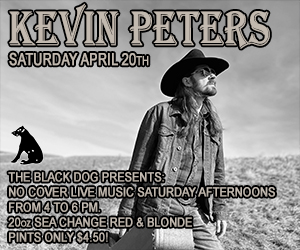QUEST FOR COUNCIL: Scott McKeen aims to serve
Posted on July 17, 2013 By Mike Ross Front Slider, News, Politics
 Former journalist Scott McKeen knows exactly what he’s facing in his run for the hotly contested Ward 6 seat on City Council – he spent at least 12 years reporting on it for the Edmonton Journal.
Former journalist Scott McKeen knows exactly what he’s facing in his run for the hotly contested Ward 6 seat on City Council – he spent at least 12 years reporting on it for the Edmonton Journal.
Watching paint dry is on the list of things most people would rather do than attend a council meeting. That’s why we elect councillors – so we don’t have to.
“I once sat through a council meeting that started at 9:30 in the morning and ended at 3 the next morning,” McKeen says. And it wasn’t even an exciting meeting filled with debates on the arena or the airport or potholes or whatever. It was a budget meeting.
The only people who do this sort of thing on a regular basis are city councillors and the shrinking pool of journalists who watch them work and then try to explain to the public where the hell all our tax dollars are going. Attending budget meetings is just one of inglorious chores of a city councillor.
“You don’t do this for glory,” McKeen says. “There’s certainly more if you’re mayor, but then you also get blamed for everything. Each and every pothole is the mayor’s fault. The arena is the mayor’s fault. The airport closure is the mayor’s fault. There’s no glory.”
The pay isn’t bad – about 80K a year, you get free parking at City Hall and free takeout during 18 hour budget meetings, “But you’re not going to get rich or famous doing this,” says McKeen.
So why do it at all?
Having lived and worked in Ward 6 – encompassing the downtown core – for large parts of his life, McKeen was a journalist for 30 years before going into politics. Ralph Klein, don’t forget, was a TV news anchorman. Kerry Diotte is running for mayor and he’s a former columnist at the Edmonton Sun. So was former councillor Allan Bolstad. Ron Hayter, the longest serving city councillor (1971-1995, off and on), wrote for the Journal and Time magazine. Seeing a trend here? Moses started as a journalist: got the scoop from the top and promptly became leader. If you’re wondering why so many journalists go into politics, consider the recent decline of print journalism that has thrown so many laid-off newspapermen into writing press releases for the Alberta government, but above all, consider the similar skills:
“One of the obvious advantages that a journalist can bring to politics is the ability to research, to listen and to weigh and balance evidence,” McKeen says. “As a columnist I did that, and formulated an opinion. That’s what you have to do as a city councillor. You have to weigh the evidence and then vote yes or no.”
The other natural kinship between journalists and politicians is that they both ostensibly work for the public good. “I have found that service is important to me,” McKeen says. “And that sounds extremely hokey, and I know it. But journalism at its best is a public service. You’re serving the public as journalist and you’re serving the public in government.”
Since leaving the Edmonton Journal in 2010, through a failed run for Ward 7 councillor and a stint as editor of the short-lived online site Yeg News, McKeen says found personal fulfilment in volunteering. He rattles off a half a dozen boards he’s served on that try to help new immigrants and homeless people – two often-neglected groups of people living in Edmonton’s inner city in the heart of Ward 6. It’s the kind of work he couldn’t have done as a full-time journalist.
“You have to stay detached,” he says. “So I really threw myself into service – and I really liked it. I really believe if you’re going to serve you get your ego out of the way and serve.”
Edmontonians go the polls Oct. 21.













